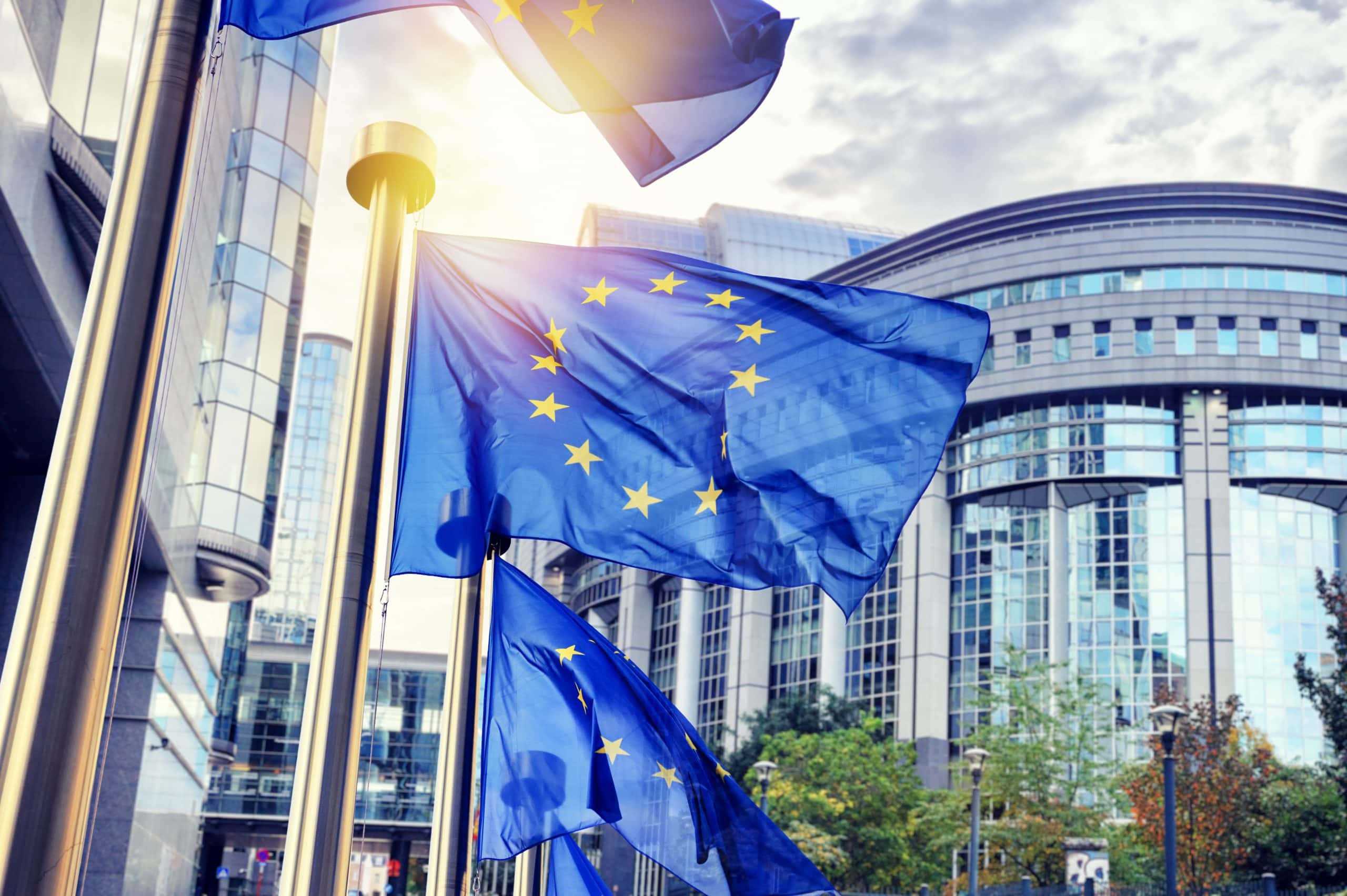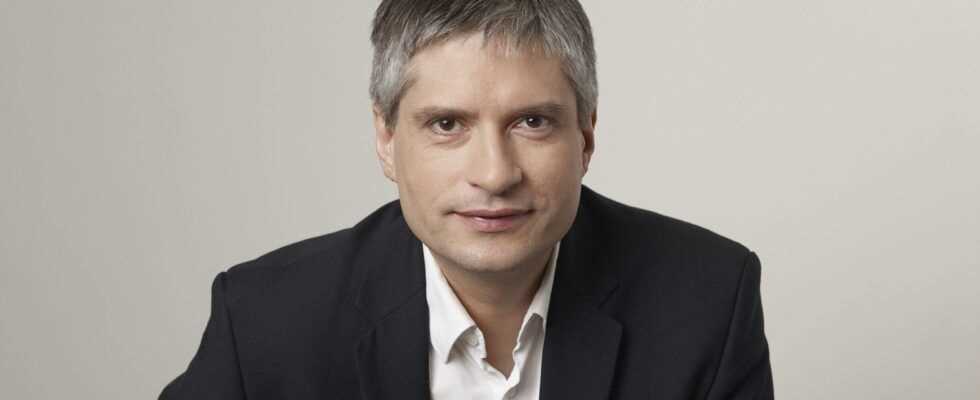Sven Giegold has been regulating the financial market for decades. He has been a member of the European Parliament since 2009. We talked to him about Bitcoin’s energy consumption, Christmas lights and the role of the state in the monetary system.
This article first appeared in Crypto Compass Issue 53 from November 2021.
BTC-ECHO: Mr. Giegold, would you like to ban Bitcoin?
Sven Giegold: No, I don’t want that. And that applies to the crypto assets as a whole. We just want them to adhere to the rules that we have established in the financial system for good reasons. In this respect, the point is to change the Bitcoin protocol and the rules for crypto service providers in such a way that goals of the common good are not damaged. But we want to leverage the opportunities inherent in technology. I am fascinated by crypto technology. I find the idea that in the future a protocol will create transparency about processes that are hidden in authorities or financial groups today is very exciting.
BTC-ECHO: “After a transition period, crypto service providers would have to keep their hands off of large crypto assets that rely on unsustainable mining,” you write on your website. Sounds like a Bitcoin ban to me?
Sven Giegold: If Bitcoin continues to be used to the same extent as it is today, then climate protection must be a top priority here. We do not have infinite amounts of energy in the world. And it is possible to design the mining in such a way that it involves less consumption of resources. The Bitcoin protocol has already been adapted several times in the past. I don’t see that fundamental ecological standards shouldn’t apply. Renewable energies are also not available in unlimited quantities for the next few decades. Incidentally, that is also the majority opinion in the European Parliament. If we take climate protection seriously, then no sector can say that climate protection is important, but not for us. And that means the verification has to be done with a less energy-intensive method. This also avoids electronic waste.
“The fight against crime and taxes only work when privacy is guaranteed […] is not unlimited. “
BTC-ECHO: In your comment on MiCA, you suggest banning exchanges from doing business in privacy coins like Monero. Do you want to deny everyone access to anonymous money because some of them are messing around with it? In your opinion, does the state have the right to read every transaction?
Sven Giegold: We don’t want the state to read all transactions. It doesn’t do that in the traditional financial sector for good reasons. Rather, it is about the fact that you have to get access to data in the financial sector as part of investigations. Financial data is particularly relevant data. We have seen in the traditional financial sector where the possibility of unlimited money investing anonymously leads. This leads to the legitimation of corruption, conditions of exploitation and crime. We have made great strides in creating transparency here. The tax havens of this world are under enormous pressure. Classic tax evasion no longer works thanks to international cooperation. We still have to close the remaining loopholes, e.g. through complex letterbox company structures. The fight against crime and taxes only work if privacy is not unlimited in this area. There are many in the Bitcoin community who want this absolute anonymity. I think that’s wrong. We don’t want to gloss over the classic monetary system – the vast majority of crime is handled through it.
But if a new form of financial investments arises now, then we cannot put the standards that we have developed for good reasons in the traditional financial system on the shelf in the new technology. A democratic constitutional state must be able to raise taxes and not only when those involved are willing to do so on a voluntary basis. The call for absolute freedom leads to the bondage of the less fortunate and powerful. We don’t want to ban Monero as such. We just want the state to be able to access the relevant data within the framework of constitutional processes, even if the users do not make any clumsy mistakes.
“Of course the thing with El Salvador is a double-edged sword.”
BTC-ECHO: The crypto market is a very global one. Exemplary Binance you can see: If the regulation becomes too strict in one place, the companies will move to a more crypto-friendly location. Wouldn’t stricter rules in Europe also mean that local companies simply relocate?
Sven Giegold: There is definitely a risk. The European Commission’s proposal is basically based on the following idea: I am raising the standards for crypto service providers registered in Europe and I don’t care what happens in third countries. We Greens are still trying to change that with our amendments. We say: if you want to do business in Europe, you have to adhere to European standards.
We need to ensure that there are strong incentives to adhere to European standards. When European service providers cooperate with service providers from third countries, they must also meet European standards. We are very hopeful that in the long run the measures in the area of climate protection and the fight against financial crime will become globalized, while the advantages of crypto-technology will remain with us.
BTC-ECHO: El Salvador has now made BTC legal tender. Especially for For people in the global south, Bitcoin can be a suitable means of financial Be inclusion. Shouldn’t we give these people access to Bitcoin sooner facilitate?
Sven Giegold: First of all, I would say that it is true that payment service providers operate internationally with fees that cannot be explained by the real costs. People who depend on these services get ripped off. The fact that competition is emerging here is only to be welcomed.
Of course, the thing with El Salvador is a double-edged sword. Because after the decision was made, there was a big slide in Bitcoin price. This price slide is of course a big problem for payees. Because the store of value function is simply not stable.
“You have to believe in Bitcoin too”
BTC-ECHO: In Germany too, concerns about inflation are increasing. Bundesbank President Jens Weidmann expects 5 percent by the end of the year. Many Bitcoiners hedge themselves with BTC as deflationary money. Are there also positive sides to cryptocurrencies for you?
Sven Giegold: I think Bitcoin has many advantages. Given the current volatility, none of them are to hedge inflation. Let me put it this way: Ultimately, Bitcoin is also fiat money. Perhaps that is surprising in the scene. But you also have to believe in Bitcoin. Ultimately, there is no equivalent value behind it, just the fact that many actors want to use it. If other crypto assets emerge, for example the digital euro, then they might win the currency race. From my point of view, crypto assets are primarily a form of portfolio diversification.
The advantages of Bitcoin lie in the transparency, the traceability and the fascination of the self-organization of the technology. At first, I would not be convinced that Bitcoin is particularly stable against inflation.



“If everyone always points with the finger at others, we will get no further with climate protection.”
BTC-ECHO: You criticize the energy consumption of Bitcoin. Christmas lights in the US use more electricity than the entire Bitcoin network. Do you also want to regulate Christmas lights more?
Sven Giegold: I can of course always look for examples of industries that consume even more electricity than the Bitcoin network. But that’s a whataboutism. If everyone always points with the finger at others, we will get no further with climate protection. I haven’t checked how much electricity Christmas lights use in the United States. But even there I would say: Of course, the lamps used have to be replaced by sustainable lighting. When it comes to climate protection, everyone has to act instead of referring to others.
BTC-ECHO: “After a transition period, crypto service providers would have to keep their hands off of large crypto assets that rely on unsustainable mining,” you write on your website. What are the criteria for “unsustainable mining” and who defines them?
Sven Giegold: In our amendments we proposed that the European Union should set binding rules for this. That will be decided in a separate legislative process. By the way, our motion is much more liberal than others, as we don’t want to regulate small crypto players. So we are aiming for a kind of experimentation clause.
BTC-ECHO: Would the consequence be that Bitcoin would have to switch to Proof of Stake?
Sven Giegold: Exactly, that would be a possibility. We know from Ethereum that they are already on their way. Bitcoin would have to do something like that. But maybe there are still alternatives. For me as a regulator, it is not important to determine how exactly this is to be solved. It is important to us Greens that a certain level of energy consumption is achieved; otherwise we should regulate technologies openly.
